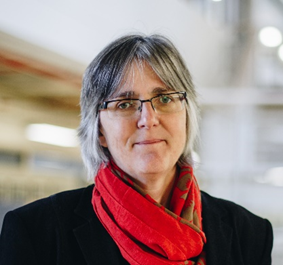While we have long recognized the key role of micro-organisms and microbial consortia in many nature-based processes that we are gradually harnessing to enhance resource efficiency and lighten the environmental burden of our anthropogenic activities, many have constrained their research to deep studies of individual species viewed as critical to these processes from the life sciences perspective while the process engineers have tended to consider the active microbial consortium as a “black box” or single entity. The shift in commonly available tools to study microbial consortia have opened up our ability to provide deep understanding of the consortia involved in each of nature-based processes, bioremediation processes and bioprocesses designed for value creation, identifying their synergistic roles. Physiological studies further identify their optimal operating windows. Furthermore, super-imposing process modelling, biokinetics and microbial community dynamics opens opportunity to design for, predict and optimize these mixed microbial processes, thereby enhancing resource productivity and optimizing performance.
This seminar will explore insights obtained through our interdisciplinary approach to mixed microbial processes through four case study classes focused on bioprocess design for value creation, bioremediation processes, waste biorefinery processes and post-industrialisation rehabilitation processes. Our research is focused strongly on enhancing resource efficiency to promote both environmental and societal sustainability alongside economic sustainability, using the South African example to unpack aspects of the Global South perspective.

Sue Harrison trained in microbiology, chemistry and chemical engineering at the Universities of Cape Town and Cambridge. During the course of her studies, she took time out to work in an industrial context in South Africa’s then emerging biotech industry, working for AECI Ltd. Sue joined the academic staff of the Department of Chemical Engineering at the University of Cape Town (UCT) in 1991. Sue’s research profile in bioprocess engineering research is focused on microbial systems, studying microbial physiology, the biological response to stress incurred in process systems, process kinetics, productivity and product induction.
Sue leads the Centre for Bioprocess Engineering Research at UCT and was the founding director of UCT’s interdisciplinary research institute Future Water, building strong teams of complementary researchers. She received the SA Woman in Science award in 2007 and held the South African Research Chair in Bioprocess Engineering Research from 2008.

